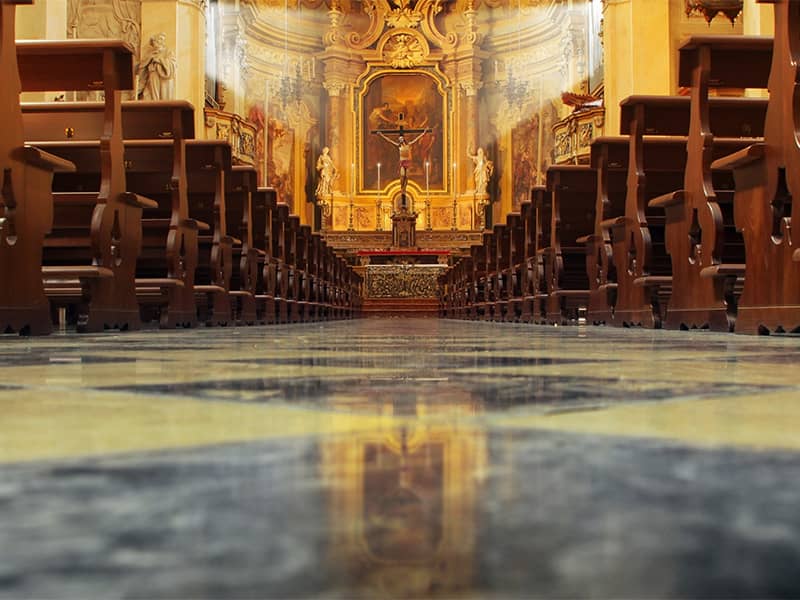The proposal could help defuse the most emotional dispute in the Mideast peace talks. It has won the guarded endorsement of Jerusalem's hawkish Israeli mayor and a top Palestinian official in the city--marking the first time the two sides have found any common ground, however tentative, on how to share the city.
"This is a very promising solution," said political scientist Menachem Klein, member of an Israeli think tank that has been advising Prime Minister Ehud Barak in the negotiations with the Palestinians.
Klein said the idea of putting God in charge was first floated when July's Mideast summit at Camp David broke down because both Barak and Palestinian leader Yasser Arafat insisted they could never give up control over holy shrines.
The dispute primarily is over the site Jews call the Temple Mount, and Muslims al-Haram as-Sharif, or Noble Sanctuary. The 36-acre walled, raised platform in the heart of Jerusalem's Old City is Islam's third holiest shrine and home to two major mosques, al-Aqsa and Dome of the Rock. The mosques are built on the site of the ancient Jewish Temples. One of the remnants of the Second Temple, the Western Wall, runs alongside the mosque compound and is the most revered site of Judaism today.
Arafat is demanding full Palestinian sovereignty over all of traditionally Arab east Jerusalem, including the Old City and its holy places. He has said the mosques are sacred to millions of Muslims around the world and that he does not have a mandate to surrender them to the Israelis.
Barak has made the same argument, saying no Israeli prime minister could ever give up the Temple Mount, the object of Jewish longing through the ages.
If God is declared sovereign, both leaders might be able to save face and no longer have to fear being branded a traitor to their religion. Klein said negotiators could then start working out the details of how sovereignty is expressed, such as who would be in charge of security and who would issue permits for renovations.
Even today, the division of powers between the Arafat-appointed Muslim clerics and the Israeli government is complex. For example, Muslim leaders have carried out extensive renovations in the mosque compound despite Israel's strenuous objections. On the other hand, mosque guards partner with Israeli police in escorting devout Jewish visitors to make sure they don't violate a ban on Jewish prayer.
Palestinian negotiator Ahmed Qureia on Monday dismissed the idea of transferring sovereignty to God and said it was never formally raised in the negotiations. "What we want from the Israelis is acceptance of Palestinian sovereignty over east Jerusalem. When they do, we will be ready to negotiate several issues of interest to them," he said.
However, Klein said divine sovereignty was one of several creative solutions, and perhaps even the main one, considered by Egyptian and U.S. mediators who also brought it up with the Palestinians.
On Wednesday, the idea won unexpected, if guarded, backing from Jerusalem's hawkish mayor, Ehud Olmert, who has opposed giving the Palestinians a role in running the city and is a leading figure in Israel's main opposition party, Likud.
"Divine sovereignty is something that can be pursued," Olmert told a news conference. His caveat: Future arrangements must be based on the current situation in which Israel has overall control over security and Muslim clerics run the day-to-day affairs inside the mosque compound.
Palestinian Cabinet minister Ziad Abu Zayyad also said surrendering sovereignty to God had merit, on condition that the Islamic Trust, which administers the two mosques, will become part of a future Palestinian government, and Palestinians will be in charge of security in the compound.
"If de facto, we will be the landlord there, why argue about the issue of sovereignty?" Abu Zayyad said.

